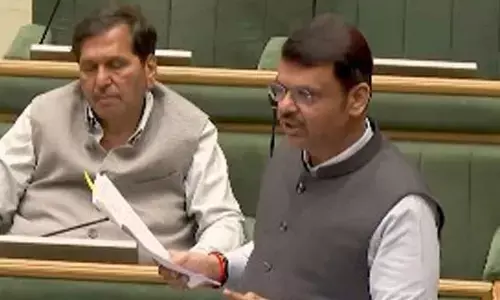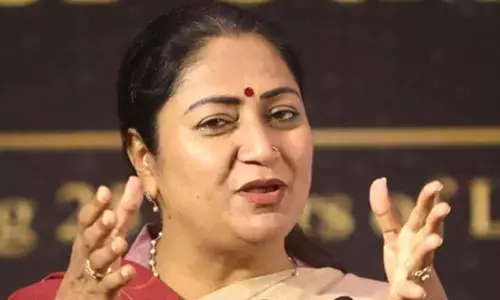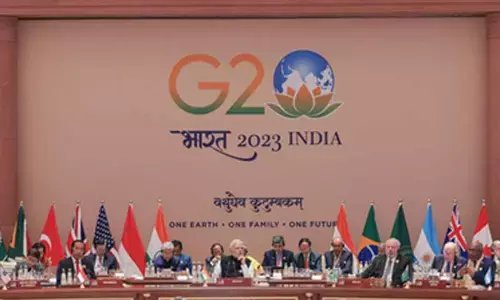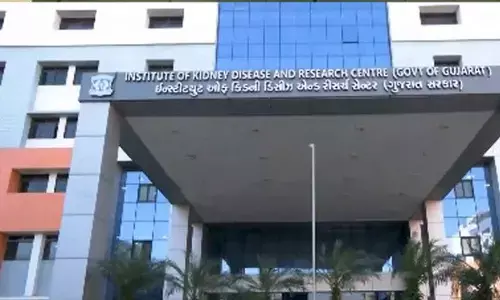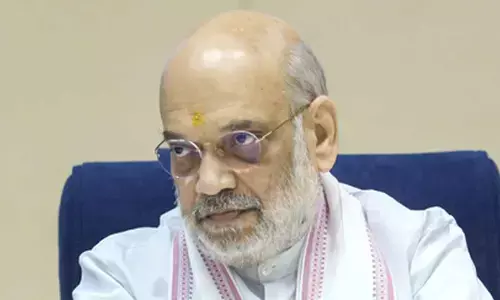Was it an apt decision of Kejriwal govt to install smog tower?
Share :
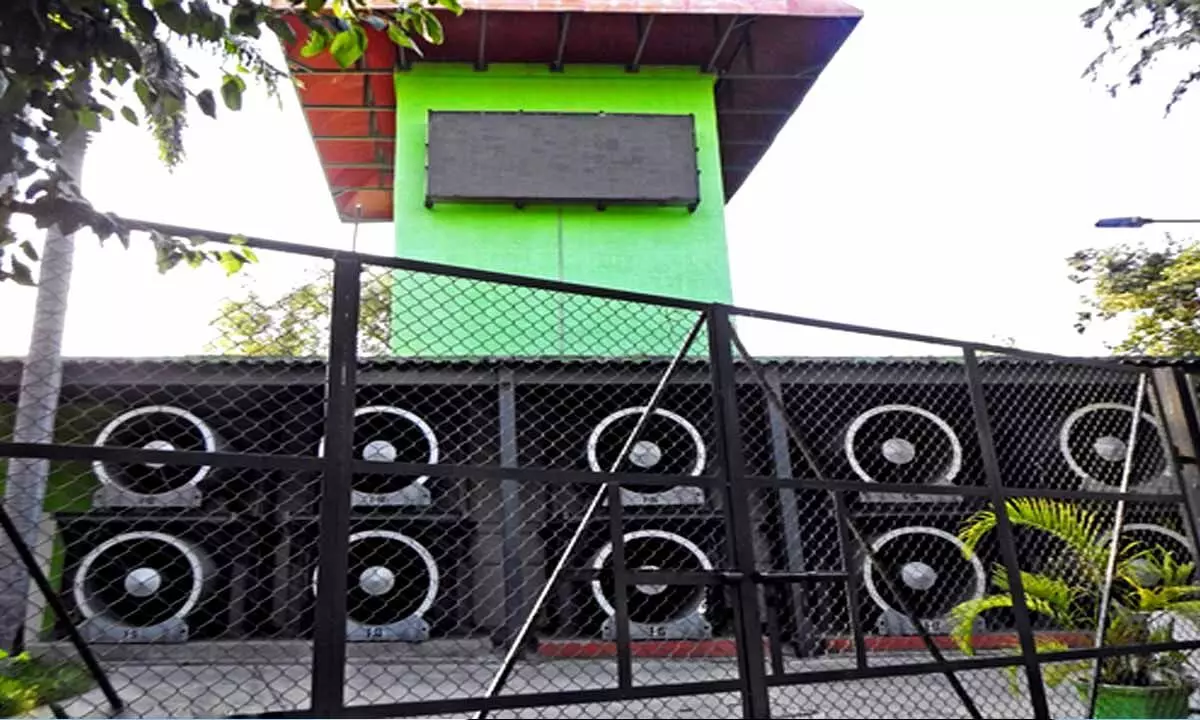
Inaugurated in 2021 with an investment exceeding Rs 20 crore, the "smog tower" located at Delhi's Baba Kharak Singh Marg appears to have fallen into disrepair, with its fans and the LED screen, designed to display PM 2.5 concentration, now inactive.
New Delhi: Inaugurated in 2021 with an investment exceeding Rs 20 crore, the "smog tower" located at Delhi's Baba Kharak Singh Marg appears to have fallen into disrepair, with its fans and the LED screen, designed to display PM 2.5 concentration, now inactive.
According to a guard stationed at the entrance, the tower has been non-functional for several months.
What was once a hub of activity with approximately 10 to 15 personnel, including engineers, operators, and assistants, now presents a desolate scene, with only two or three employees in the vicinity. Surprisingly, the Delhi government has yet to provide an official response to inquiries regarding the tower's defunct status, which was expected to be made operational by the Arvind Kejriwal-led government on Friday.
Experts opine that the smog tower may have been an imprudent expenditure, as the city's atmospheric humidity surpasses the level necessary for its operation.
Additionally, insider sources reveal that the smog tower's effective range is a mere 50 metres, contrary to the Delhi government's claim of 300 metres.
On the condition of anonymity, a senior scientist at a government research facility pointed out the logical flaw, suggesting that if the smog tower indeed monitors pollutants within such a limited area, it may inadvertently worsen air quality in Delhi.
This raises concerns about its potential to truly combat pollution.
"There is no scientific research or basis behind the functioning of smog towers. Whatever studies have been conducted so far on the effectiveness claims of the smog towers have showed that they were not helping in curbing air pollution," said an expert.
More than a technology to reduce pollution, the expert said, the smog tower had become an object for the government to show that it is working to fight pollution, when now it is lying defunct.
"Such technology is not feasible in Delhi on two grounds -- first, there is no scientific evidence, and second reason is the high cost. If the Delhi government really wants to fight pollution, it should provide subsidised LPG to those living on the outskirts of the city who use wood and coal for cooking. Also, the government must invest in public transport so that pollution in the city can be reduced," he said.







